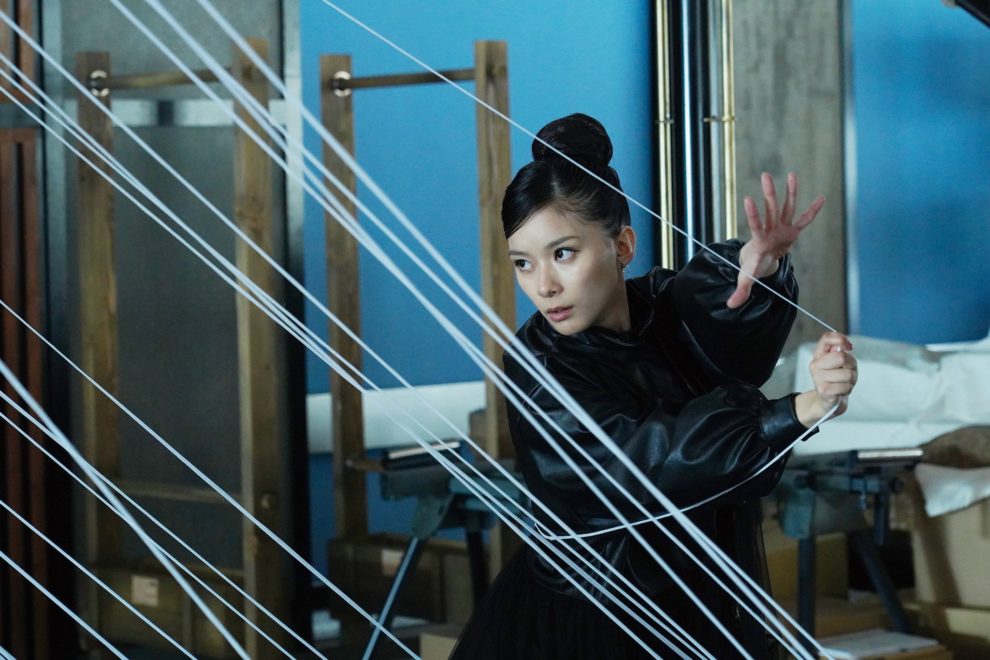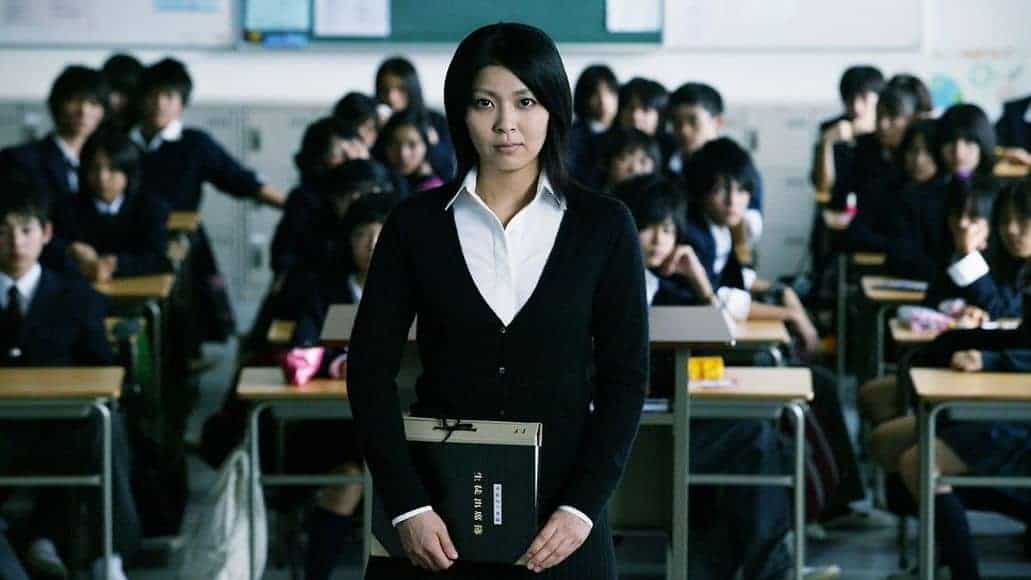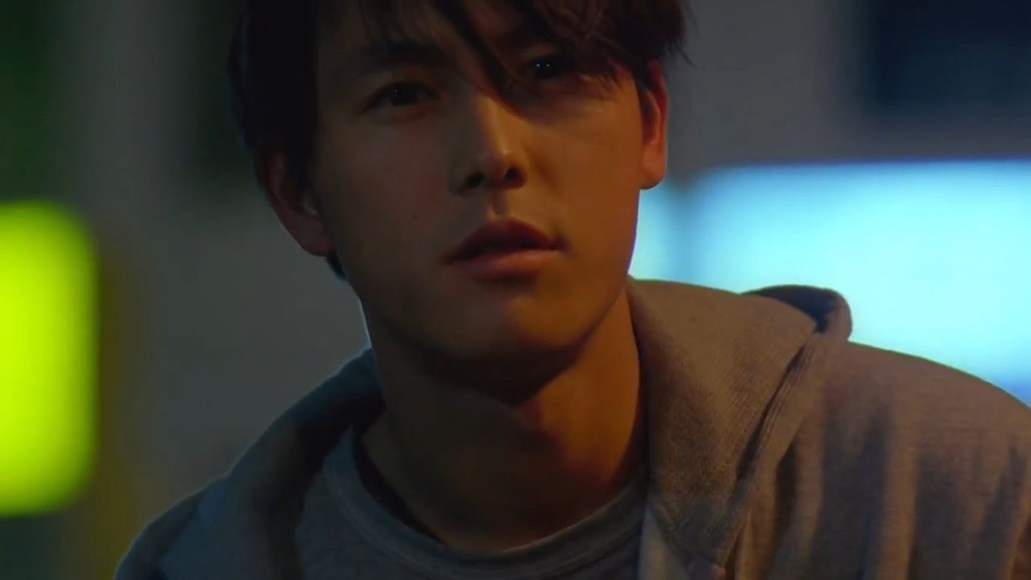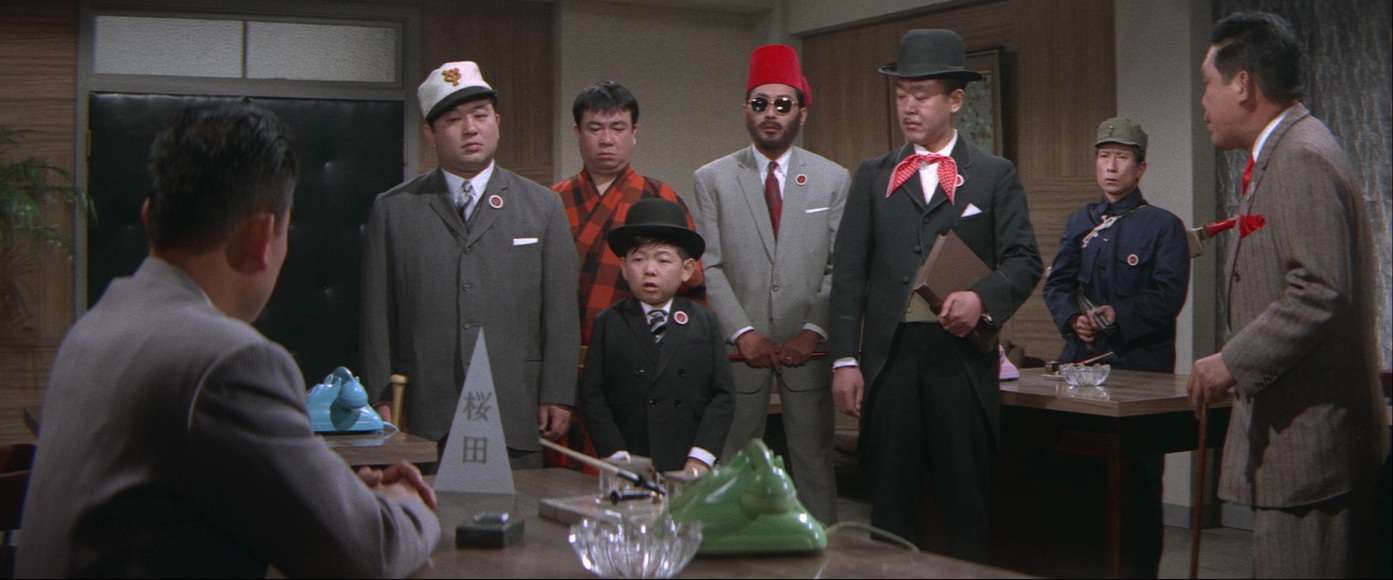If you had the chance to live forever, would you take it? This question is central to Kei Ishikawa's “Arc”, which made its debut in Japan in the summer of 2021. The film is based on the 2012 short story written by American author Ken Liu and deals with the ethics and philosophical implications of immortality through the eyes of an artistic and expressive young woman. Surprisingly heartfelt and beautifully shot, the film is a serene sci-fi escape that raises challenging questions.
“Arc” is screening at Asian Pop-up Cinema

Rina (Kyoko Yoshine) is a down on her luck young dancer whose chance encounter with creative genius Ema (Shinobu Terajima) lands her a job at ‘Eternity'. Keen to make the most of the opportunity presented, Rina dives headfirst into the company's ‘BodyWerks' endeavour, which sees dead bodies perfectly preserved and transformed into ‘living' sculptures through a process called plastination. However, as time passes on and Rina thrives in her creative role, she's faced with a life-changing question as Ema's brother Amane (Masaki Okada) advances the plastination process so that it offers eternal life.
To get hung up on the specifics of what plastination is or how it has made immortality a reality would be to miss the point at the heart of “Arc”. Through the wonders of sci-fi jargon, we're delivered the fact that everlasting life is possible in this world, but only if you're willing to take the jump. There's a lot of easily digestible science chat for much of the film's first half, during which we're presented with a rather cold and indifferent world. Eternity's modern labs, while home to Rina, are intimidating, lacking the warmth you might expect from somewhere that preserves the dead in a state of lasting beauty. In these early stages, we wrestle with the importance of body over mind, as hundreds of people sign up to have themselves or their loved-ones mummified modern-style, despite their corpses having the soulfulness of stone statues.
It's only in Rina's later years, at the ripe old age of 89, that we return to focus on the essence of humanity itself and our intricate connection with the life-death cycle of life. In a world where flowers wither and animals die, humans now live on forever, as plastination sweeps the globe. Rina's elder years see her care for those who chose not to live forever, as elderly citizens live out their final days at Amane's tranquil village for the mortal. During these parts of the film, the colour palette shifts to black and white, as if to suggest that, without the prospect of death, the richness of life has been drained from the world. What Rina learns during her older years forces her to confront her decisions of the past, as well as reassess the role of death in a world that is frozen in time.
Despite reaching an age in excess of 100, the fictional miracle of plastination means that Kyoko Yoshine plays Rina for (almost) the entirety of the film. Yoshine puts in a reserved and pensive performance, playing well off the supporting cast around her, some of whom, such as Shinobu Terajima, are more impassioned in their approach. I would be remiss were I not to mention Kaoru Kobayashi, who is magnificent as the grizzled immortality-rejecter Rihito. Yoshine and Kobayashi share some of the film's tenser exchanges, with both actors carrying an engaging screen presence.
A surprising aspect of “Arc”, which turns out to be one of the most enjoyable, is that rather than delve into a sprawling sci-fi saga about the worldwide effects of immortality, we're instead presented with a far more personal story. Sure, we occasionally cut to a chaotic Eternity press conference or see a news update in the background, but, for the most part, the film is focused on Rina and her personal journey in this new world. However, this is not to say that Ishikawa doesn't touch on the broader social questions concerning eternal life being for sale, notably the early exclusion of poorer folk from the revolutionary treatment.
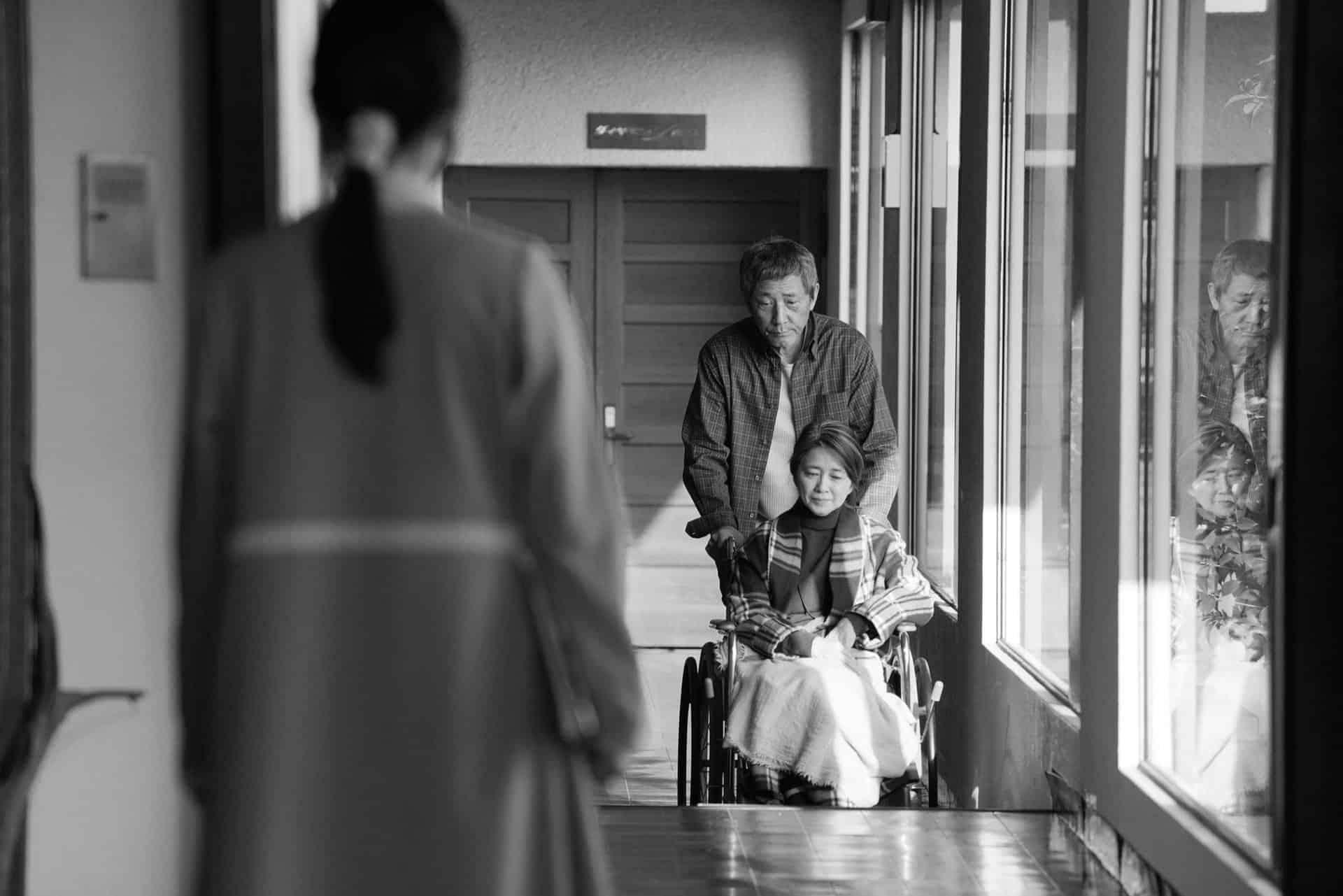
Fortunately, the focus on Rina is well-founded, as she grows and changes several times throughout the course of the film – a luxury afforded her due to everlasting youth, no doubt. She goes from being a young, scared, and inexperienced girl to a world-weary, wise, and controlled old woman – although her looks, of course, deceive. We take the time to learn about Rina's various relationships, whether it be the mentor-like bond that she develops with Ema or the intimate connection that she shares with her elderly patients. Seeing how these relationships change as Rina grows older is extremely rewarding, if not occasionally sad, especially as her mortal peers grow older and pass on. The most emotional of these relationships is one worth not spoiling, but you'll know it when you see it, and it may hit harder than you expect.
I suppose the question that is truly being asked in “Arc” is not one of choosing immortality but choosing death. Why, in a world where everlasting life is possible, would one still choose to die? It's a question that Kei Ishikawa's film presents, unpacks, and leaves with the viewer, and one that lingers on past the credits. Wonderful performances and bold directorial choices aside, “Arc” is a challenging yet consistently engaging sci-fi drama. There are lofty questions being asked here, but the reward is great for those who get on board.


